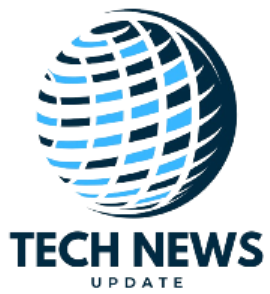Tether, the company behind the largest stablecoin USDT, has announced it will route both current and future bitcoin mining power to OCEAN, a decentralized bitcoin mining pool. This is part of Tether’s overall plan to support decentralization and secure the Bitcoin network.
OCEAN was launched in 2023 by Bitcoin Core developer Luke Dashjr and is backed by well-known industry figures including Jack Dorsey, CEO of Block and co-founder of Twitter (now X).
According to Tether, the goal is to make Bitcoin’s infrastructure more resilient and censorship-resistant. Paolo Ardoino, CEO of Tether, said:
“Routing hashrate to OCEAN aligns with both our mining investments and our broader mission to harden Bitcoin against centralizing forces.”
Tether’s decision is based on OCEAN’s open-source protocol, DATUM, which allows miners to build their own Bitcoin blocks instead of relying on mining pool operators to do it for them.
This is important because most mining pools today control what transactions go into a block. That means they can censor transactions or favor some over others.
Related: OCEAN Pool Launches DATUM Protocol, Further Decentralizing Bitcoin Mining
OCEAN’s design gives that power back to the individual miners, helping to reduce reliance on centralized services. “We see supporting decentralization in Bitcoin mining as essential to the network’s long-term integrity,” Ardoino said.
Giv Zanganeh, Tether’s VP of Mining and Energy, said the move was the result of “months of deep technical evaluation”. He explained that OCEAN’s DATUM protocol is perfect for reaching underserved and remote areas because it can perform well in low-bandwidth environments.
Tether will be installing OCEAN’s DATUM Gateway software across all its mining sites globally, including Africa, El Salvador, Uruguay and Paraguay. These are part of Tether’s $500 million investment in bitcoin mining announced in 2023.
“By enabling on-site generation of unique block templates and aggregating thousands of rig connections with low-latency performance, DATUM ensures global competitiveness while promoting geographic and operational diversity,” the company said.
Luke Dashjr, OCEAN’s founder, welcomed Tether’s initiative, saying it’s “a strong signal that decentralization remains a core priority for Bitcoin’s future”. Mark Artymko, OCEAN’s president, also hailed this decision, saying “financial inclusion and decentralization go hand-in-hand”.
But despite being decentralized, there has been controversies around OCEAN mining pool. In its early days, the pool blocked non-financial Bitcoin transactions like Ordinals which are NFT-like inscriptions stored on the Bitcoin blockchain.
Dashjr called these types of transactions “spam” and the debate in the Bitcoin community was heated.
Related: Bitcoin Fees Skyrocket | Community Divided on Ordinals
OCEAN later changed its stance and allowed miners to decide whether to include such transactions but Dashjr’s strong views and outspoken beliefs continue to get criticism from some in the Bitcoin space, although many bitcoin maximalists agree with him.
Still, Tether seems unfazed by the controversy. The company said its support is based on technical merit and a shared mission of decentralization.
This is part of Tether’s growing involvement in the Bitcoin ecosystem. Along with its mining investments, the company now holds over $7.8 billion worth of bitcoin – making it one of the largest single holders.
Earlier this year Tether also announced that USDT would be available on the bitcoin blockchain and its Layer 2 Lightning Network.

